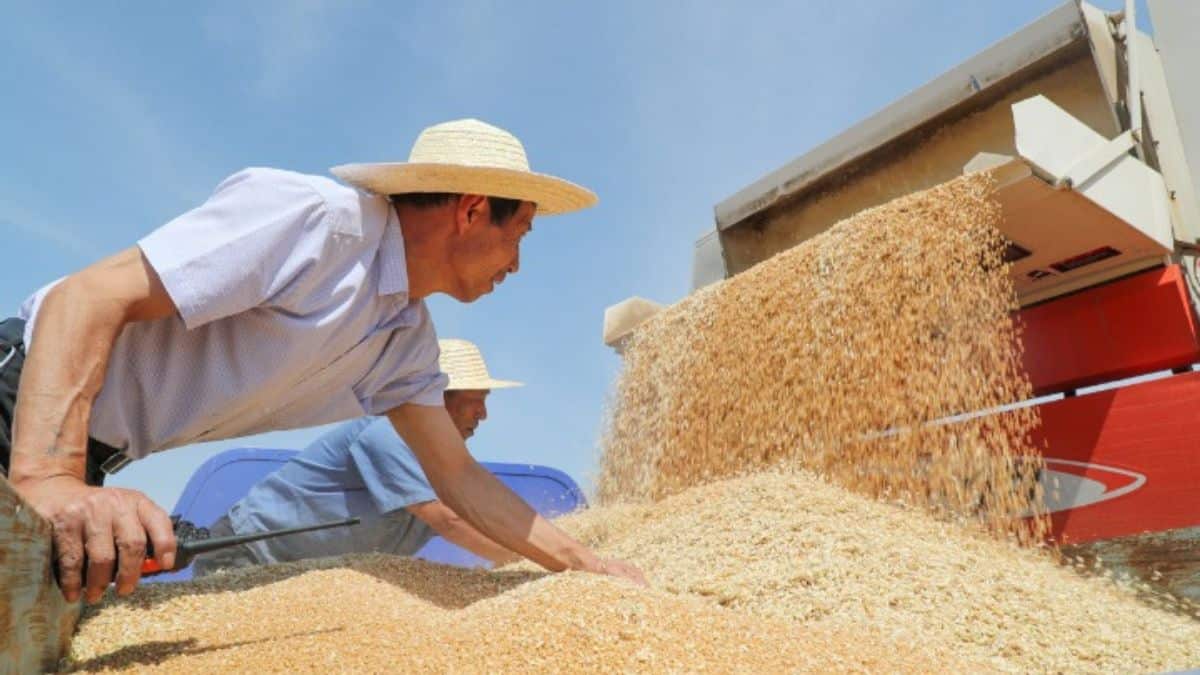China’s summer grain output has reached an impressive 149.78 million tons in 2024, marking an increase of 3.627 million tons, or 2.5%, compared to the previous year. The National Bureau of Statistics (NBS) announced this achievement, highlighting the significant progress made in the agricultural sector.
Increasing grain output is a vital stride toward achieving China’s ambitious objective of reaching an annual grain production exceeding 1.3 trillion jin, which is equivalent to 650 million tons. This target underscores the importance of grain production in ensuring food security for the nation, which is vital given China’s large population and growing demand for food resources.
Several factors have contributed to the successful increase in summer grain production. Favourable weather conditions played a significant role, providing the necessary environment for crops to thrive. Additionally, advancements in agricultural technology and farming practices have enhanced productivity. High-yield crop varieties, improved irrigation systems, and better pest management techniques have all contributed to higher grain yields.
Government policies and support have played a crucial role in achieving this rise as well. The Chinese government has implemented various measures to support farmers, including subsidies for seeds and fertilisers, as well as financial incentives to adopt modern farming techniques. These efforts have encouraged farmers to invest more in their crops and adopt practices that enhance productivity and sustainability.
The increase in summer grain output is not only a significant achievement in itself but also a positive indicator for overall agricultural production throughout the year. A strong summer harvest provides a buffer and sets a positive tone for the upcoming autumn harvest, which is equally crucial for meeting annual production targets.
Moreover, maintaining a stable and sufficient grain supply is essential for China’s food security strategy. It helps stabilize food prices, ensures a steady supply of staple foods, and reduces dependency on grain imports. This stability is particularly important in the context of global food market fluctuations and potential supply chain disruptions.

